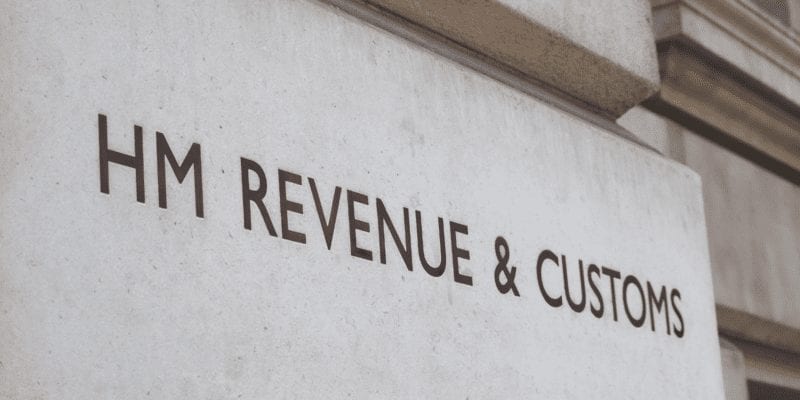Auto-enrolment pension contributions increase means average annual pay packet will be £253 lighter.


From 6thApril 2019, the minimum contributions employers and their employees will have to make towards their automatic enrolment workplace pension scheme will increase. Rising from 3 to 5% of a worker’s annual salary, the auto-enrolment pension contributions increase will mean the average worker on £30,000 per annum will see their annual take-home pay reduced by £253.
Employees earning £15,000 per year will see their pay reduced by £49. These figures take into account the revised personal allowance, which is due to increase from April. The increase will apply to all employers with staff in a pension scheme for automatic enrolment.
Are you and your employees ready for contribution increases?
By law, minimum contribution amounts are required to increase at set times. The total minimum contribution will increase to 8% in total, with a minimum of 3% provided by the employer. This will be a shock for some employees as the contribution will increase to 5% of qualifying earnings. This may see an increase in employees opting out of auto-enrolment,” said Tina Davies, Payroll Manager at Bevan Buckland LLP.
It is the employer’s responsibility, under the Pensions Act 2008, to implement the increases. This applies whether you set up a pension scheme for automatic enrolment or you decided to use an existing scheme. If an employer doesn’t have any staff in a pension scheme for automatic enrolment or are paying above the increased minimum amounts, no action needs to be taken.
“Employers and employees can choose to pay more than the minimum contributions if they wish. Alternatively, the employer can decide to pay the total minimum contribution, which means their employees don’t have to make up any shortfall and may not have to pay into the pension at all, depending on the scheme’s rules to remain a qualifying scheme. All automatic enrolment pension schemes with contribution rates that would be below the minimum amount after the rate increases must apply the higher rates. If the client operates a defined benefit (DB) scheme, these contribution increases don’t apply and they don’t need to take any action,” concluded Tina.







Leave a Reply
View Comments